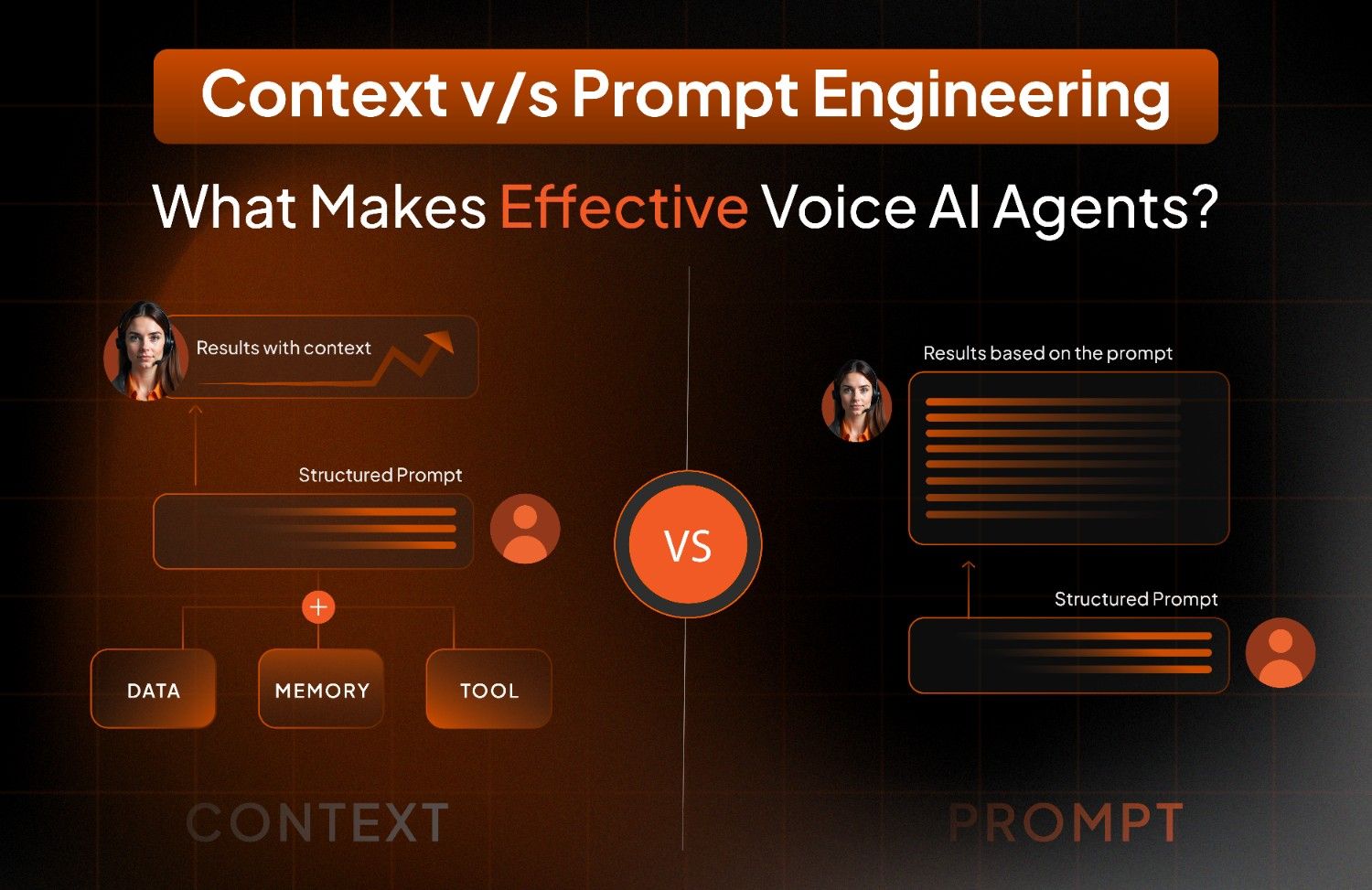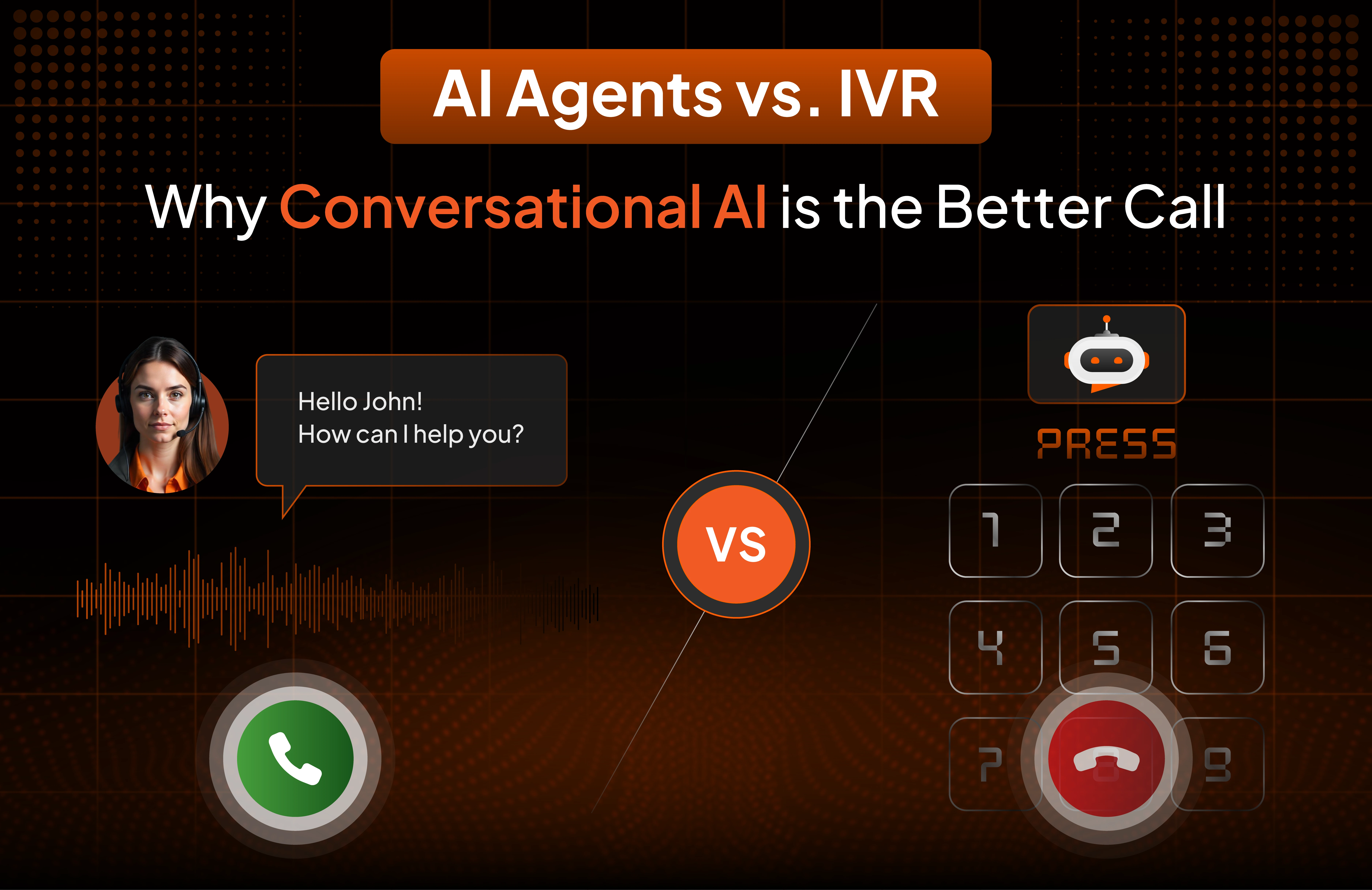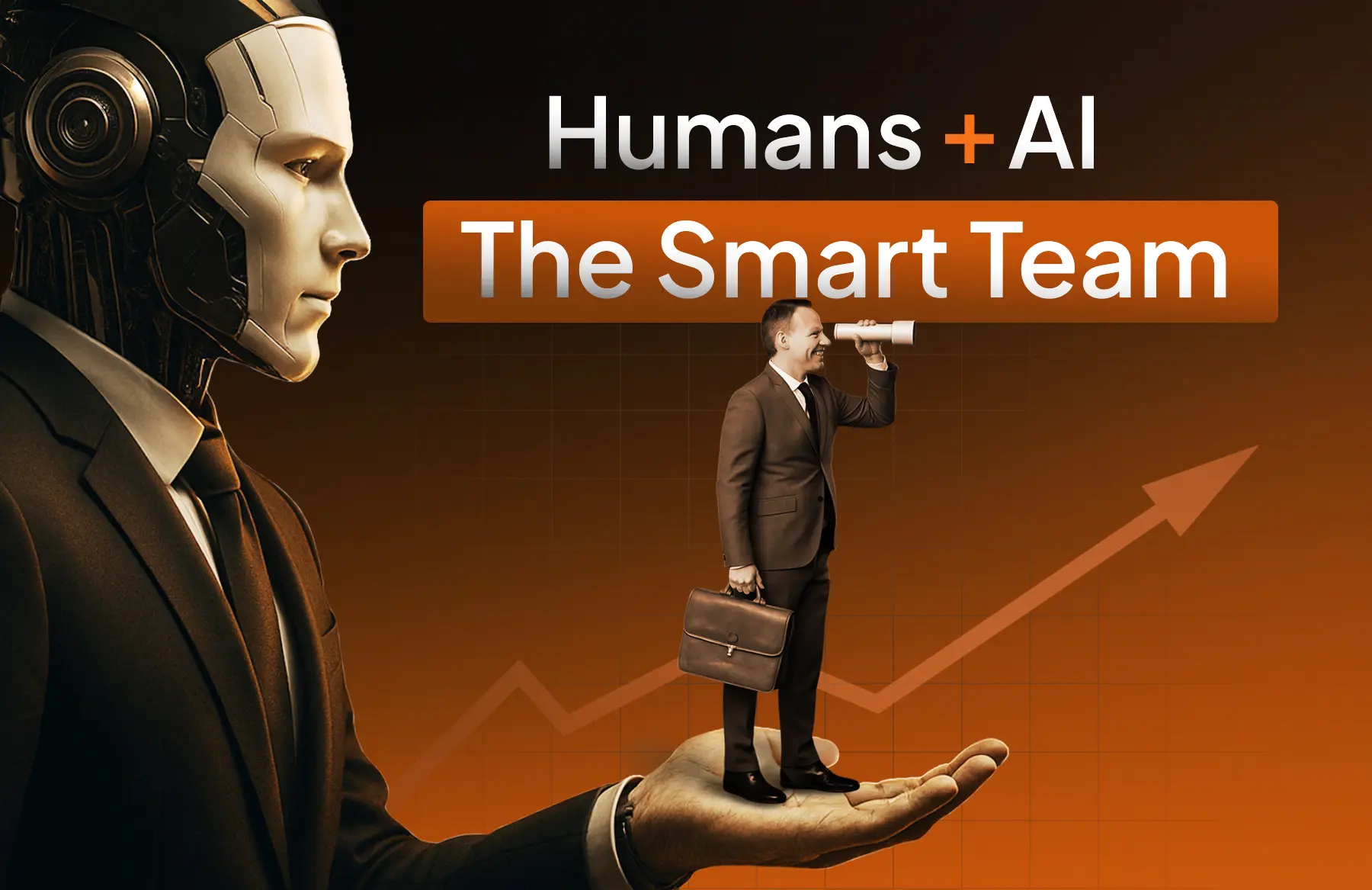The U.S. Senate is reviewing the Keep Call Centers in America Act (S. 2495) a bill designed to protect American jobs by discouraging the offshoring of call center operations. For decades, companies have relied on overseas contact centers to cut costs. But this Act signals a shift: one that emphasizes domestic employment, transparency, and accountability in how customer service is delivered.
1. The Act Targets Offshoring of Call Center Jobs
The primary intent of the legislation is to curb the outsourcing of call center jobs to lower-cost countries. Businesses that continue to offshore these functions may lose access to certain federal grants or contracts.
For companies, this means re-evaluating the cost vs. compliance trade-off. While offshore centers may still look attractive on paper, the long-term risk of penalties and reputational damage could outweigh the savings.
Ops leader takeaway: If your model leans heavily on offshore teams, you’ll need a plan for transitioning at least part of your operations back onshore or adopting technology that minimizes offshore dependency.
2. A Public “Do Not Reward” List Will Be Created
The Act calls for the Department of Labor to create and maintain a public list of companies that shift call center jobs overseas.
This list isn’t just for federal use. Once it’s public, it becomes a reputational marker. Customers, partners, and even investors may view companies on the list as prioritizing profits over American jobs.
Ops leader takeaway: Even if your business doesn’t rely on government contracts, your presence on this list could affect your brand perception and customer loyalty.
3. Federal Funding Will Favor Domestic Operations
The Act introduces a carrot-and-stick approach: while offshoring companies may be penalized, those who retain or expand domestic call center operations may get preferential treatment for federal contracts and grants.
This creates an incentive for companies to keep jobs local, not just to avoid penalties but also to unlock potential business opportunities with government entities.
Ops leader takeaway: If you have U.S.-based operations, there’s an advantage to scaling them now. Federal partnerships could offset higher labor costs.
4. Mandatory Disclosure of Call Locations
Another notable provision is that companies may need to disclose the location of the call center whenever a customer is speaking with an agent.
Imagine a customer service call where the agent begins with: “You are speaking to an agent located in Manila” or “This call is being serviced from Bangalore.” That transparency can strongly influence customer trust and satisfaction.
Ops leader takeaway: Companies relying on offshore operations will face less flexibility to keep call origins hidden. If your customers strongly prefer U.S.-based agents, this could affect your CSAT scores.
5. Rising Cost Pressures Will Be Hard to Ignore
Offshore outsourcing has always been about one thing: cost savings. Labor costs in the U.S. are significantly higher than in countries like India or the Philippines.
If this Act reduces your ability to leverage offshore models, you’ll need to find other ways to control costs, without compromising service quality. That’s where automation and AI come into play.
Ops leader takeaway: Expect your CFO to start asking tough questions. Your role will be to balance compliance, customer experience, and financial efficiency.
6. Supporting American Employment Becomes a Priority
This Act isn’t just about restrictions; it’s about creating opportunities for American workers. Politically and socially, there’s a strong push to bring jobs back to U.S. soil.
For many companies, this means rethinking how they structure their contact centers, not just as a cost center but as a way to contribute to the U.S. economy while also strengthening their brand.
Ops leader takeaway: If you can show your company is hiring locally, you may gain both regulatory advantages and a marketing edge.
7. Compliance Obligations Will Multiply
With new laws come new compliance burdens. The Act will require businesses to track and report where their employees are located and may mandate additional recordkeeping around call routing and disclosure.
For large enterprises, this adds another layer of legal and operational complexity. Small missteps could lead to penalties or reputational fallout.
Ops leader takeaway: It’s not enough to just move operations around. You’ll need to update compliance frameworks, monitoring systems, and reporting processes.
8. Customer Perception Could Shift Dramatically
Beyond regulations, the Act taps into customer sentiment. Many U.S. consumers already feel more comfortable when speaking with domestic agents. Transparency requirements will highlight offshoring practices, making them impossible to ignore.
Companies that fail to adapt may find their customer experience scores dipping, as consumers begin to perceive offshored service as less trustworthy or lower in quality.
Ops leader takeaway: Customer trust is fragile. Transparency will either work in your favor or against you, depending on the choices you make now.
9. Hybrid Contact Centers Will Be the New Normal
The reality is that most companies cannot afford to staff 100% domestically with humans. Labor costs and staffing shortages make it unrealistic.
Instead, the winning model will likely be a hybrid approach:
- AI-powered agents handling routine, repetitive, high-volume tasks (payment reminders, appointment scheduling, account updates).
- U.S.-based human agents managing escalations, sensitive cases, and calls requiring empathy.
This balance reduces offshore reliance, lowers costs, and still complies with U.S. regulations.
Ops leader takeaway: Start planning for a future where AI is not optional, it’s integral to contact center survival.
10. Voice AI Can Bridge the Gap Between Costs and Compliance
This is where Voice AI becomes a game-changer. Instead of relying on overseas labor for cheap scalability, companies can turn to AI-powered voice agents.
With the right system in place, you can:
- Automate high-volume, low-value calls at a fraction of the cost.
- Ensure compliance with U.S. laws, since AI agents can be programmed to follow scripts, disclosures, and data-handling rules perfectly.
- Seamlessly transfer calls to U.S.-based human agents when required.
- Maintain 24/7 availability without incurring overtime or offshoring risks.
At Vodex, we specialize in Voice AI solutions for enterprises and contact centers. Our AI voice agents handle massive call volumes while ensuring compliance with U.S. regulations like TCPA and FDCPA. For companies facing the challenges of the Keep Call Centers in America Act, Voice AI offers a scalable, compliant, and cost-effective alternative to offshore outsourcing.
Final Thoughts
The Keep Call Centers in America Act (S. 2495) is more than a piece of legislation, it’s a turning point for the contact center industry. It pushes companies toward greater accountability, customer transparency, and domestic employment.
But it also creates a challenge: how do you maintain cost efficiency without offshoring?
The answer lies in hybrid contact centers powered by Voice AI. By adopting AI-driven automation for routine tasks and keeping U.S.-based agents for human-touch moments, operations leaders can strike the balance between compliance, cost savings, and customer satisfaction.
If you’re looking to future-proof your contact center strategy, now is the time to explore Voice AI solutions like Vodex.


.jpg)







.png)



%20(4).webp)
.png)
-min.png)



